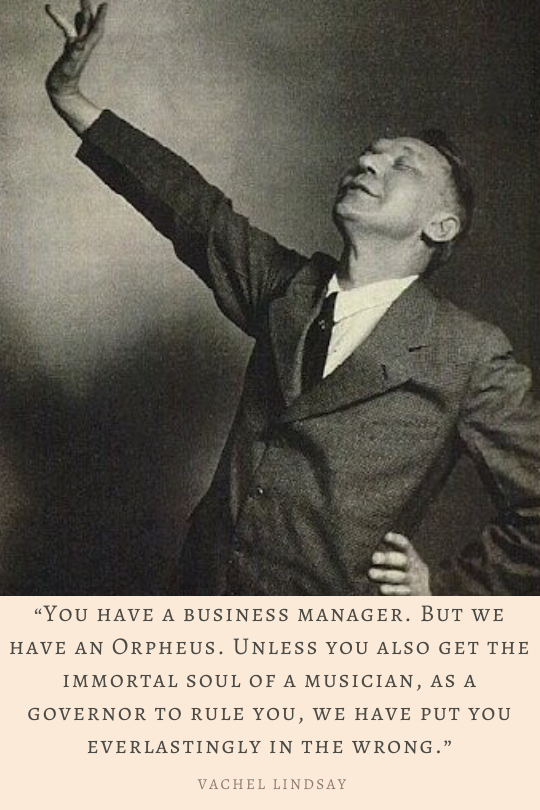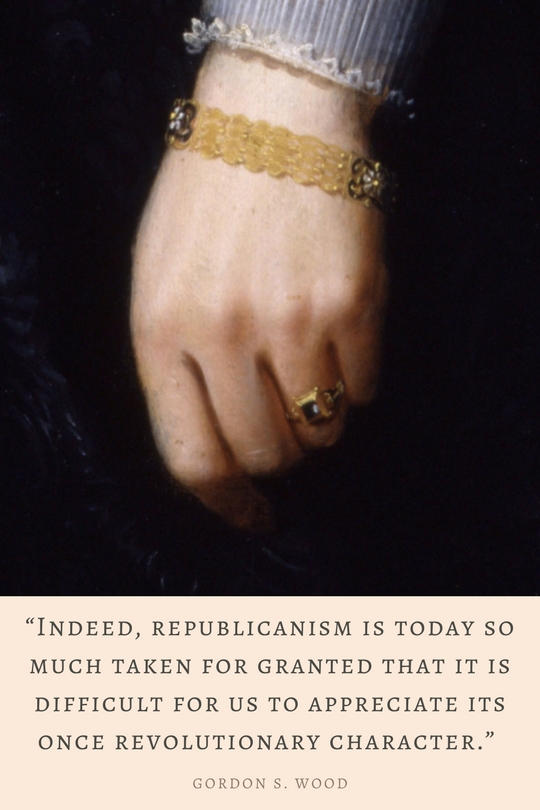Henry A. Wallace Spiritual Ideals and Fascination with the United States Motto
Henry A. Wallace (1888-1965) was a progressive Republican and Episcopalian, a high ranking official during the war, New Deal Secretary of Agriculture and Vice President of the U.S. 1941-45. He is considered a notable contributor to American liberalism and political culture. This brief will not cover his life or political work but highlight his particular interest in the evolution of spirituality in American life. Wallace convinced Secretary of the Treasury Hans Morgenthau to put Novus ordo seclorum on the new dollar bill in 1935. He was highly fascinated with symbolism, and had several personal beliefs that aroused strong criticism, such as his belief that the world needed a new religion, and a new “religious expression for the American people,” which echoes Mazzini’s ideals. Likewise, Mazzini emphasized as discussed before, the importance of Progress, an enlightened approach to religion, which for humanity in time, led to the expression and discovery of divine potentialities.
This ideal is at the root of democracy and the neo-republicanism of the Revolutions, even during the Risorgimento period. Henry A. Wallace’s vision and contribution lends credence to arguments I will continue to further make in future entries and is entirely opposite and unconnected to the New World Order conspiracy theory, or the dissonance of the anti-American right when it comes to this history. If you are against the ideals and certain political machinations, you build a sane legitimate debatable case (which there hasn’t been), rather than build and build upon this monstrous combination of illegitimate conspiracies, ahistorical points of reference, weak anti-heterodox theological stances, discriminating (with its eventual commitment of violence against) certain groups of peoples, and disproven hoaxes.
As a man with such related ideas in the spotlight of politics, criticisms led Henry A. Wallace to in public replace his theosophy with a more conventional Christian expression. However, in the background his spiritualistic-theosophical ideas continued to animate his life, and Henry A. Wallace attempts to bridge his mysticism with his profession in politics and science. He was strongly drawn to the motto E Pluribus Unum.
The Protestant philosopher and theologian, Henry Corbin demonstrated the significance underlying this idea in his work, Le Paradoxe du Monothéisme. l’Herne, 1981. It is not far-fetched therefore to understand Henry A. Wallace’s fascination with symbolism or the motto, as symbolism is the key to the mysteries. The U.S. capitol and city architecture sporting all its symbolism and aesthetics display remembrance — remembrance of the old gods, remembrance of high-points in the ancient civilizations that inspired the United States foundations. There was a process of deification and mythologization of its founders, soldiers and warriors.
This is what I mean by understanding the origins of ideas, competing visions and perspectives that lay behind the foundations. The idea of the one from the many to further elaborate is from ancient theology and cosmology detailing the order of the evolution of the cosmos through mathematics, particularly geometry. This is demonstrated most notably by the ten points inscribed within the Pythagorean triangle. The motto of the American Republic E PLURIBUS UNUM, a Nation of Nations (Out of One we are Many) was originally the motto of the Thirteen Colonies, although essentially a Masonic, Kabbalistic, Platonist, and Pythagorean problem about Cosmic Origins, the Absolute, and the purpose of Fraternity.
“In every age, its device has been, “Liberty, Equality, Fraternity,” with constitutional government, law, order, discipline, and subordination to legitimate authority–government and not anarchy. But it is neither a political party nor a religious sect. It braces all parties and all sects, to form from among them all a vast fraternal association. It recognizes the dignity of human nature, and man’s right to such freedom as he is fitted for; and it knows nothing that should place one man below another, except ignorance, debasement, and crime, and the necessity of subordination to lawful will and authority. It is philanthropic; for it recognizes the great truth that all men are of the same origin, have common interests, and should co-operate together to the same end.” (Albert Pike, Morals and Dogma, pp. 220-221.)
- https://www.theosophyforward.com/index.php/theosophy-and-the-society-in-the-public-eye/789-henry-a-wallace.html
- https://theosophy.wiki/en/Henry_A._Wallace
- Searching for the “Inner Light”: the Development of Henry A. Wallace’s Experimental Spiritualism, Mark L. Kleinman https://ir.uiowa.edu/cgi/viewcontent.cgi?article=9814&context=annals-of-iowa










